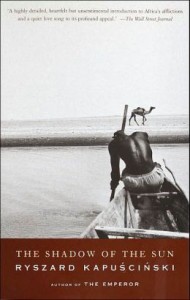
He confronted a cobra face to face. He suffered through cerebral malaria, the most deadly form of the disease. Trekked across the featureless wastes of the Sahara for days on end, courting death from thirst. Stumbled through endless stretches of dense rainforest and trackless savannah. And, as his bio says, “During his four decades of reporting on Asia, Latin America, and Africa, he witnessed twenty-seven coups and revolutions and was sentenced to death four times.” You’ll learn all this in the man’s insightful book about Africa, The Shadow of the Sun.
This remarkable man was Ryszard Kapuscinski, who began his career as a foreign correspondent in 1957, when Poland’s state newspaper dispatched him to Africa to observe the unwinding of the colonial era. For a reader steeped in the anti-Communist propaganda of the times, I had expected his writing — for Communist publications during more than three-quarters of his career — to be riddled with Marxist-Leninist jargon, but there’s none of that in The Shadow of the Sun, one of Kapuscinski’s six books.
This compilation of articles and essays he wrote about his experience in Africa is nothing less than a revelation — written with the grace and power of a novelist at the peak of his talent, infused with empathy and insight about the people he encountered, and nowhere, but nowhere, politically biased beyond what any intelligent contemporary Western observer of colonialism might be.
The Shadow of the Sun by Ryszard Kapuscinski (2001) 325 pages ★★★★★
Here is Kapuscinski describing the African concept of time: “you go to a village where a meeting is scheduled for the afternoon but find no one at the appointed spot, asking ‘When will the meeting take place?’ . . . You know the answer: ‘It will take place when people come.”
Here he reflects on the permeability of African nations’ borders: “The population of Africa was a gigantic, matted, crisscrossing web, spanning the entire continent and in constant motion, endlessly undulating, bunching up in one place and spreading out in another, a rich fabric, a colorful arras . . . [M]any African societies (some claim all of them) today occupy terrain that they did not previously inhabit. All are arrivals from elsewhere, all are immigrants.”
Here Kapuscinski finds the roots of the kleptocracies that rule so many nations today: “The colonial origins of the African state — a state wherein the [British or French or Portuguese] civil servant received remuneration beyond all measure and reason — ensured that in independent Africa, the struggle for power instantly assumed an extremely fierce and ruthless character.” As the saying goes in East Africa, adopted as a title by the British journalist Michaela Strange for her book about corruption in Kenya, “It’s our turn to eat.”
The roots of Africa’s instability lie in the 19th century
Kapuscinski ascribes much of Africa’s instability to the European conference convened in Berlin by the Prussian statesman Bismarck: “European colonialists . . . crammed the approximately ten thousand kingdoms, federations, and stateless but independent tribal associations that existed on this continent in the middle of the nineteenth century within the borders of barely forty colonies.”
The Shadow of the Sun is a treasure-chest of incisive reporting about Africa’s recent past, featuring vivid and disturbing accounts of the antecedents of Liberia’s ghastly civil wars, the origins of the Rwandan genocide, and the roots of recurring famine in the nations of the Horn.
I detected only one glaring error in The Shadow of the Sun. As a Pole, growing up in an overwhelmingly Catholic country, Kapuscinski might be forgiven for referring to a Protestant minister as a priest and to the service he conducted as a mass. Or perhaps the fault lies with his translator, Klara Glowczewska. Despite this flaw, and other errors of fact or interpretation that I might not have caught, The Shadow of the Sun is a extraordinary piece of work, as readable and relevant today as it was when first published a decade and a half ago.
For further reading
This is one of the books I’ve included in my post, Gaining a global perspective on the world around us.
It’s also one of 20 top books about Africa, including both fiction and nonfiction.
You may enjoy browsing through 20 top nonfiction books about history.
If you enjoy reading history in fictional form, check out 20 most enlightening historical novels.
And if you’re looking for a broader view of human history, check out New perspectives on world history.
And you can always find my most popular reviews, and the most recent ones, plus a guide to this whole site, on the Home Page.

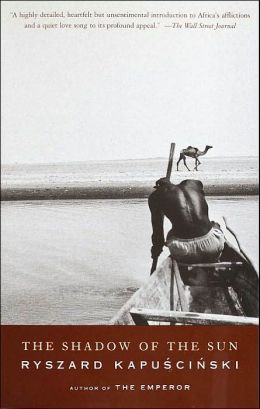
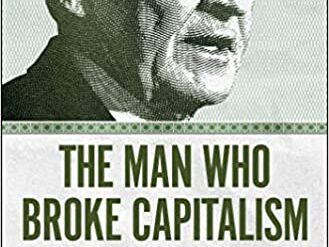
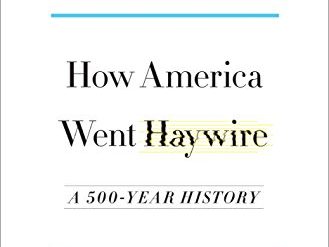
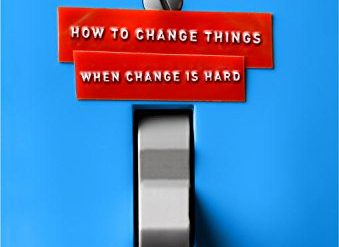
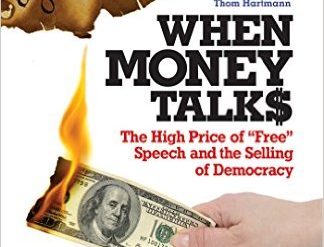






















A review of The Shadow of the Sun, by Ryszard Kapuscinski was one of the finest book ,,,,vizagcart